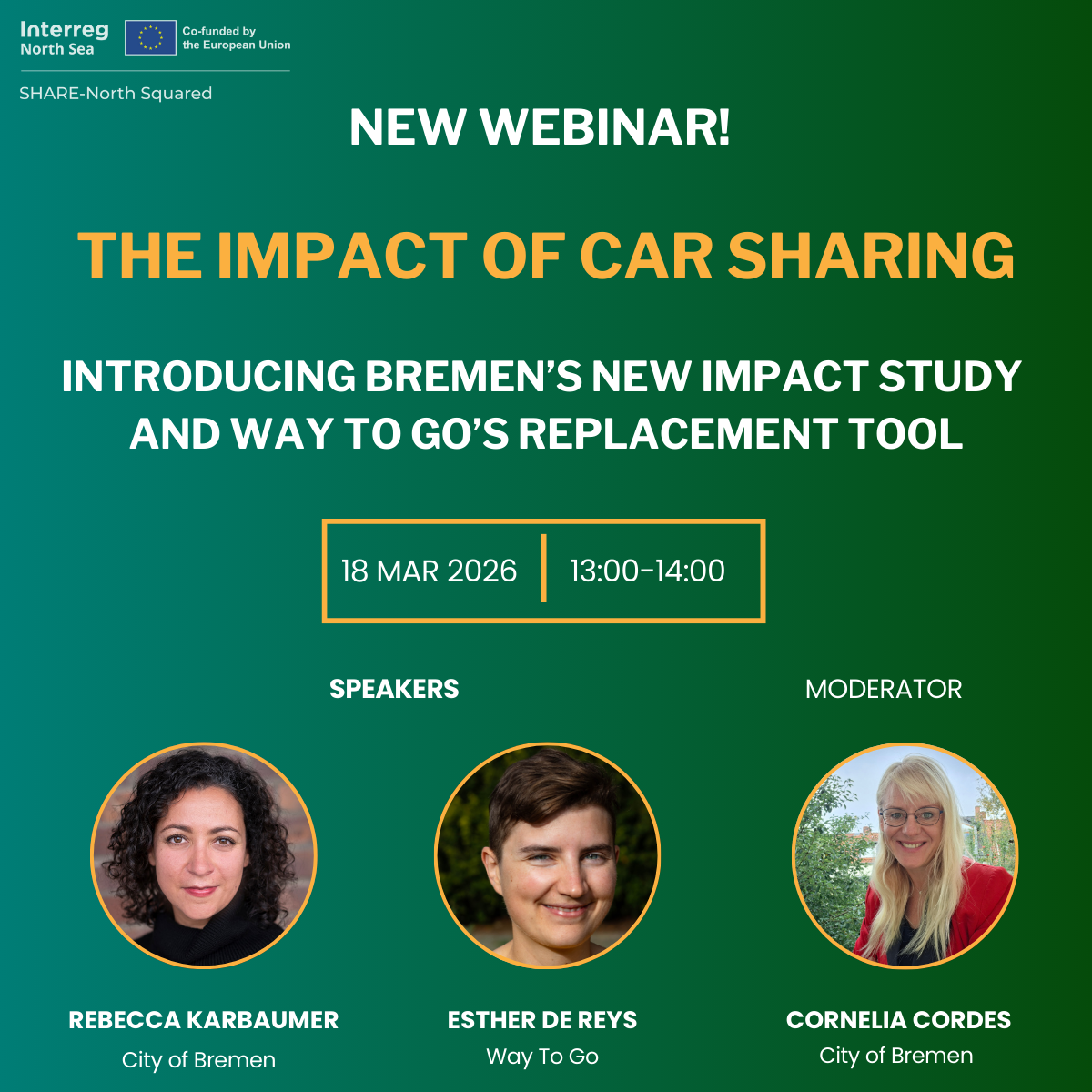Introduction
This community showcases the latest research on 15 minute cities and practitioners' experiences in implementing the concept. It is an initiative of the ACUTE (Accessibility and Connectivity for Urban Transformation in Europe) project, whose aim is to create a knowledge hub for exchange in the field of urban accessibility and connectivity. Our purpose is to overcome the fragmentation of knowledge, experience, skills and outcomes. ACUTE addresses the challenges of sustainable urban passenger mobility, freight transport, connectivity and accessibility as an integral and essential part of sustainable urban development. ACUTE aims to create a space for stakeholders to exchange and co-create. The community provides an inclusive environment for urban actors from different backgrounds (researchers, practitioners, public administrators, entrepreneurs, social innovators, etc.) to discuss current issues and priorities and to identify the most pressing urban challenges of today and tomorrow.
4 leaders




88 attendees































Community presentation
This community showcases the latest research on 15 minute cities and practitioners' experiences in implementing the concept. It is an initiative of the ACUTE (Accessibility and Connectivity for Urban Transformation in Europe) project, whose aim is to create a knowledge hub for exchange in the field of urban accessibility and connectivity. Our purpose is to overcome the fragmentation of knowledge, experience, skills and outcomes. ACUTE addresses the challenges of sustainable urban passenger mobility, freight transport, connectivity and accessibility as an integral and essential part of sustainable urban development. ACUTE aims to create a space for stakeholders to exchange and co-create. The community provides an inclusive environment for urban actors from different backgrounds (researchers, practitioners, public administrators, entrepreneurs, social innovators, etc.) to discuss current issues and priorities and to identify the most pressing urban challenges of today and tomorrow.
Workspace news feed

-
- 2:00 PM 3:00 PM
DO Seminar
Speakers: Giacomo Maggiorano and Léo Wursten
Location: Anthropole 4059, Lausanne
The 15-minute city has emerged as a prominent urban planning paradigm advocating that essential daily needs - such as employment, retail, education, healthcare, and leisure- be accessible within a 15-minute walk from any location in the urban area. While conceptually compelling, its effective implementation requires rigorous, data-driven tools capable of diagnosing accessibility gaps and evaluating potential interventions.
In collaboration with SDOL (Stratégie et développement de l’Ouest lausannois), the authority coordinating urban development across the municipalities of Western Lausanne, we develop a quantitative diagnostic of the current situation. Our approach relies on the construction of a pedestrian accessibility model based on OpenStreetMap data (pedestrian network and points of interest) combined with detailed population and employment data provided by SDOL. The territory under study is characterized by significant spatial fragmentation due to natural barriers and major transport infrastructure, which constrain walkability and generate structural inequalities in service access.
Using this integrated dataset, we compute accessibility indicators, identify critical services with limited coverage, and detect underserved population clusters. Beyond this diagnostic phase, we analyze selected structural interventions - such as the addition of a new pedestrian bridge - and assess their impact on network connectivity and accessibility levels. This analysis enables a quantitative evaluation of how targeted infrastructure investments may reduce proximity gaps and improve spatial equity. It also opens the door to optimisation-driven investment strategies grounded in quantitative accessibility analysis.
1 vote :


Mapped: Cities with a 15-minute city strategy
C40 knowledge hub published a world map of significant 15 minute cities experiences.
To be visualized in the C40 page.
1 vote :



-
- 1:00 PM 2:00 PM
📢 NEW SN² WEBINAR: "The Impact of Car Sharing"
🤔 What is the actual impact of car sharing in our cities?
🤓 That is the question we will explore during our 7th SHARE-North Squared webinar!
🎤Discover our line-up:
🔹 Rebecca Karbaumer (Freie Hansestadt Bremen) will introduce the findings of Bremen’s latest study regarding the impact of car sharing.
🔹 Esther De Reys (Way To Go) will showcase the 'replacement ratio tool' developed for Flanders.
🔹 Cornelia Cordes (Freie Hansestadt Bremen) will moderate this session.
Join us!
📅 Date: 18/03/2026
🕐 Time: 1:00 PM – 2:00 PM
💻 Platform: Zoom
1 vote :

Cork as a 15mC experience
15mC concept: ""15-Minute City""
Year: 2022
7 practice(s)
Status of implementation: Planned
Scale of implementation: Neighbourhood and citywide
Cited in Teixeira et al 2024
1 vote :

Copenhagen as a 15mC experience
15mC concept: ""5 Minute Principle""
Year: 2016
2 practice(s) Status of implementation: Planned Scale of implementation: Neighbourhood"

-
- 5:00 PM 6:00 PM

1 vote :

Very interesting session this morning at UERA Strasbourg conference, in our session on Mobility, Transition, Accessibility and Connectivity:

 Oceania Room (MISHA)
Oceania Room (MISHA)
 Oceania Room (MISHA)
Oceania Room (MISHA)
Cleveland as a 15mC experience
15mC concept: "15-Minute Neighborhood"
Year: 2022
3 practice(s)
Status of implementation: Planned
Scale of implementation: Citywide
Cited in Teixeira et al 2024
China as a 15mC experience
15mC concept: "Local Life Circle"
Year: 2015
2 practices
Scale of implementation: Citywide
Cited in Teixeira et al 2024
Calendar
- 2:00 PM Busy
-
5:00 PM
Busy

-
1:00 PM
Busy

- Day Busy
- Day Busy

